“One who guards his mouth and tongue has guarded himself from troubles.” (Proverbs 21:23).
Dear Healthy Jew,
Maimonides taught us that guarding the mouth means abstaining from unhealthy foods and not overeating healthy ones. Guarding the tongue, he explained, means refraining from idle talk.
Let’s listen carefully to King Solomon’s proverb. Millennia of Torah scholars have written reams of laws and insights about the second half, teaching the critical importance of respecting the gift of speech which makes us human. But King Solomon astonishingly mentioned eating before speech in the trouble-avoiding duo, alluding that eating healthfully is the first piece of advice for his readers to heed. Considering what we also learned from Maimonides about man being divided from animal by his mind guiding his body’s actions toward health, this is not such a radical suggestion. First become a person, then use your faculty of speech wisely.
But what about when things go wrong, as happens for many of us? If my every bite was to be evaluated for its humanity, most wouldn’t come close. Then expand the survey to inspect all my actions for healthful purpose – moving, sleeping, talking – and I’d find myself to be a chimp with a human finger or two.
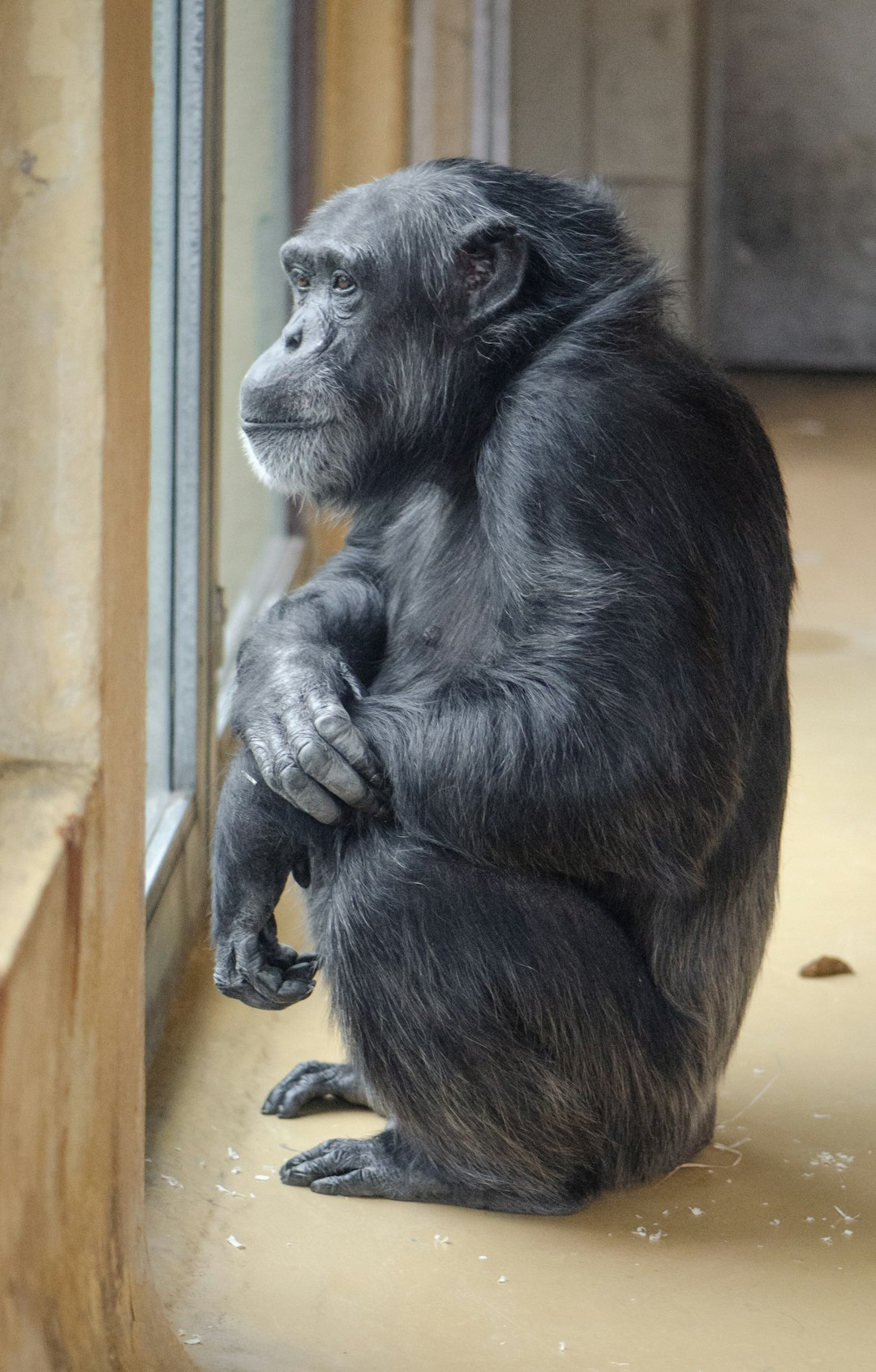
Whether we like it or not, even the healthiest of Healthy Jews will fall short of the perfect ideal. Some people struggle with junk food; others (like me) with overeating healthy foods. I’ve been known to overindulge on dates and nuts, even lettuce (what a nerd!). What are we supposed to do about this?
This dilemma touches on the spiritual dimension of healthy living, a subject I plan on discussing in detail in the coming weeks. But today we’ll begin with the practical side of things, to ensure that we’ll be Walkers, not Talkers.
Although every person has their unique challenges and temptations, there are some problems common to most health-seekers that can direct us to common solutions.
The first difficulty in choosing health is in our minds: the pervasive idea that it’s not so terrible to eat just a little more candy or another piece of cake (or one more peach), and that I don’t need to exercise today because I’ll surely get out there tomorrow.
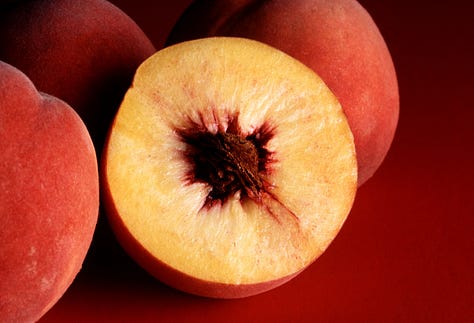

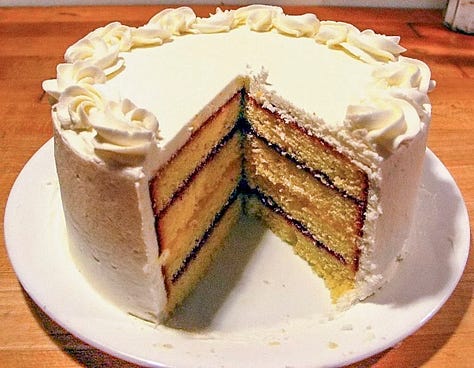
The problem with this thought is that it's true: our bodies are built to adapt to stressors that challenge their health. In fact, as I hope to discuss in a later column, the precise definition of the Mishnaic Hebrew word for health, brius, means strength – implying the capability to respond to threats. We have dazzlingly intricate organs – liver, intestines, and kidneys – that efficiently reject and clean out the toxins and debris that come along with living on earth. Why not give them a little more exercise?
This argument, of course, is nonsense, because unhealthy habits eventually push our cleanup crews beyond their limits. But in real life, which is composed of many small decisions, it’s hard to beat the notion that no immediate danger is in the offing. Why worry about tomorrow – a time that, anyways, I’ve already decided, I’ll do better – when today the chocolate beckons?
Another challenge is toxic shame. If I’ve already eaten unhealthfully, or haven’t exercised in weeks, or am so lost in stress that I barely notice it’s been months since I devoted time to relaxing, then what’s the use forcing myself to choose well? Toxic shame comes in many shades and colors, but they all entrench me in negativity and helplessness. It convinces me that I’m hopelessly flawed, so why bother trying.
Toxic shame too is irrational; why should yesterday’s shortcomings derail today’s opportunities? Yet its pull can be overwhelmingly strong, perhaps because it exempts me from trying hard things, or because it’s a perversion of the basic and beautiful human trait of recognizing our limitations (more on that another time).
So one thoughtless thought tells me it’s enough to be healthier tomorrow, and another claims that yesterday’s mistakes make it too late. Notice their common denominator: putting healthy choices somewhere else than the present moment. And here lies one way out of the whirlpool: flip the narrative to focus on the next right choice only. Plot twist.
I don’t need to choose health yesterday, nor even an hour ago. I also don’t need to choose health tomorrow, nor even in another hour. Choosing to enter humanity happens right now.
The true message of my body’s capability to withstand challenges is that I don’t need to worry about past and future unhealthy activities. If I’m healthy today, my little corner of the natural world will recalibrate itself quite well. God took my past and future mistakes into account when he fixed my biology to return itself to equilibrium when I stray off center. But He tasked me with growing in health right now, because if I continue the past into the present and future, my health will eventually go bankrupt.
This change of focus has many practical implications. Instead of making grand plans for living healthfully forever, I’m eagerly choosing wellness right here, right now. Regarding nutrition, for example, this can be another reason to eat more small meals than fewer large ones: more opportunities to choose well, each choice with less temptation. If one meal goes awry, the next chance to choose well is close by.
I also don’t penalize myself for the past, nor do I borrow against the future. If a meal is larger than it should have been, I’ll make sure to eat the next one well, right on time, because cutting back now in compensation for earlier would be a vote for toxic shame. And I try avoiding calculations of eating more or less now to prepare for later, because that too shuts the door on choosing health right now.
(We haven’t discussed the emotional aspect of unhealthy choices. Unexamined, sometimes even unconscious, pain and stress can push me toward emotional eating, neglecting exercise and sleep, and losing myself in work. But that’s another subject, for another day, because the problem – and therefore the solution – isn’t in the eating or exercise or sleep themselves but in the emotional states behind them.)
One Suggestion: If you find yourself “borrowing health” from the future, or reacting to shame from past choices, try dwelling in the present choice only.
Thank you for reading Healthy Jew.
Here are 2 great paths to continue the journey:
Also check out this intro and index to explore hundreds of posts about our 3 Healthy Jew topics: Wellness with Wisdom, Land of Life (Israel), and Sensible Spirituality.
Finally, always feel free to reach out here with any comments, questions, or complaints:
I look forward to hearing from you!
Be well,
Rabbi Shmuel Chaim Naiman
Please note: All content published on Healthy Jew is for informational and educational purposes only. Talk to a qualified professional before taking any action or substance that you read about here.

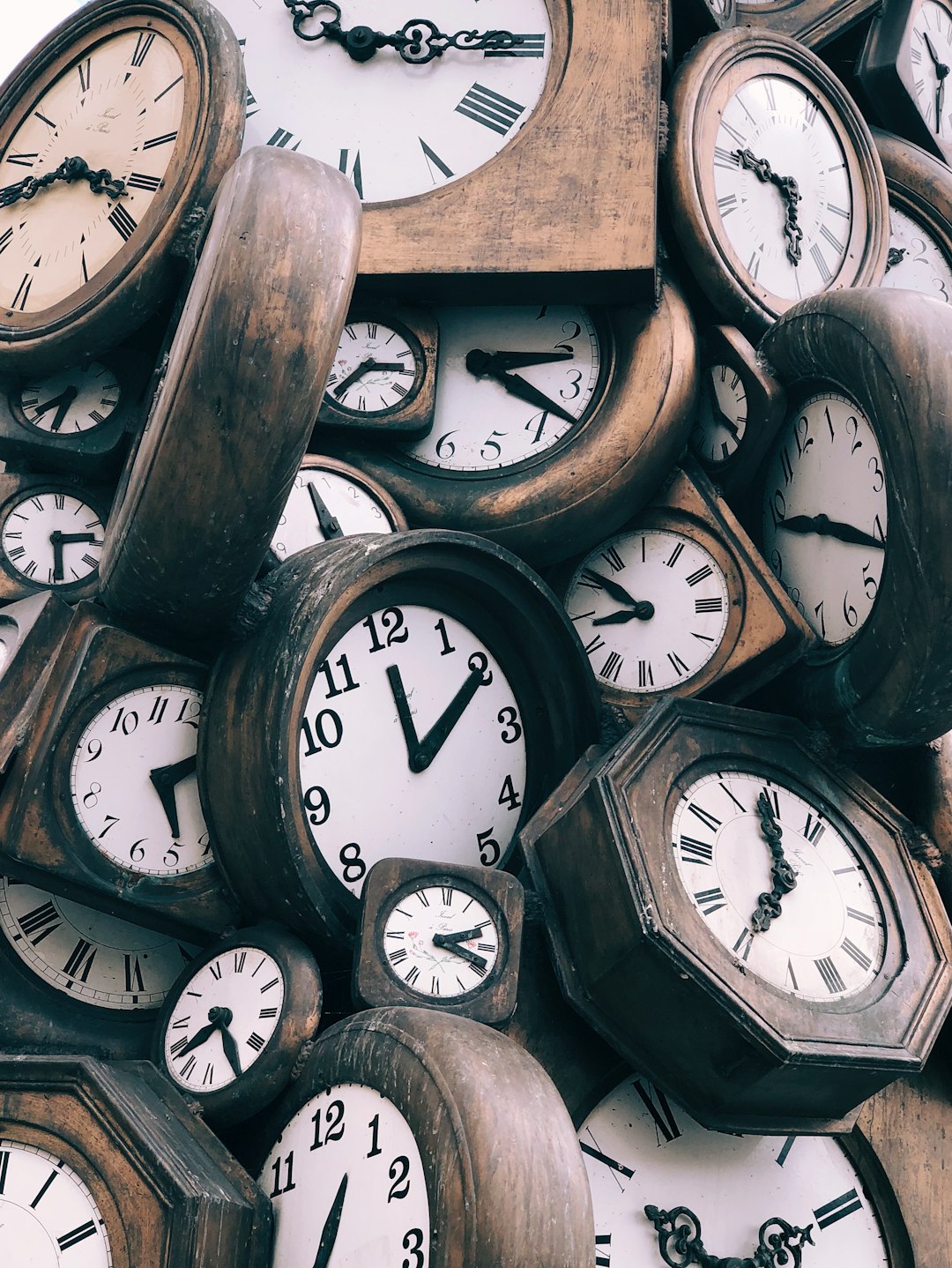


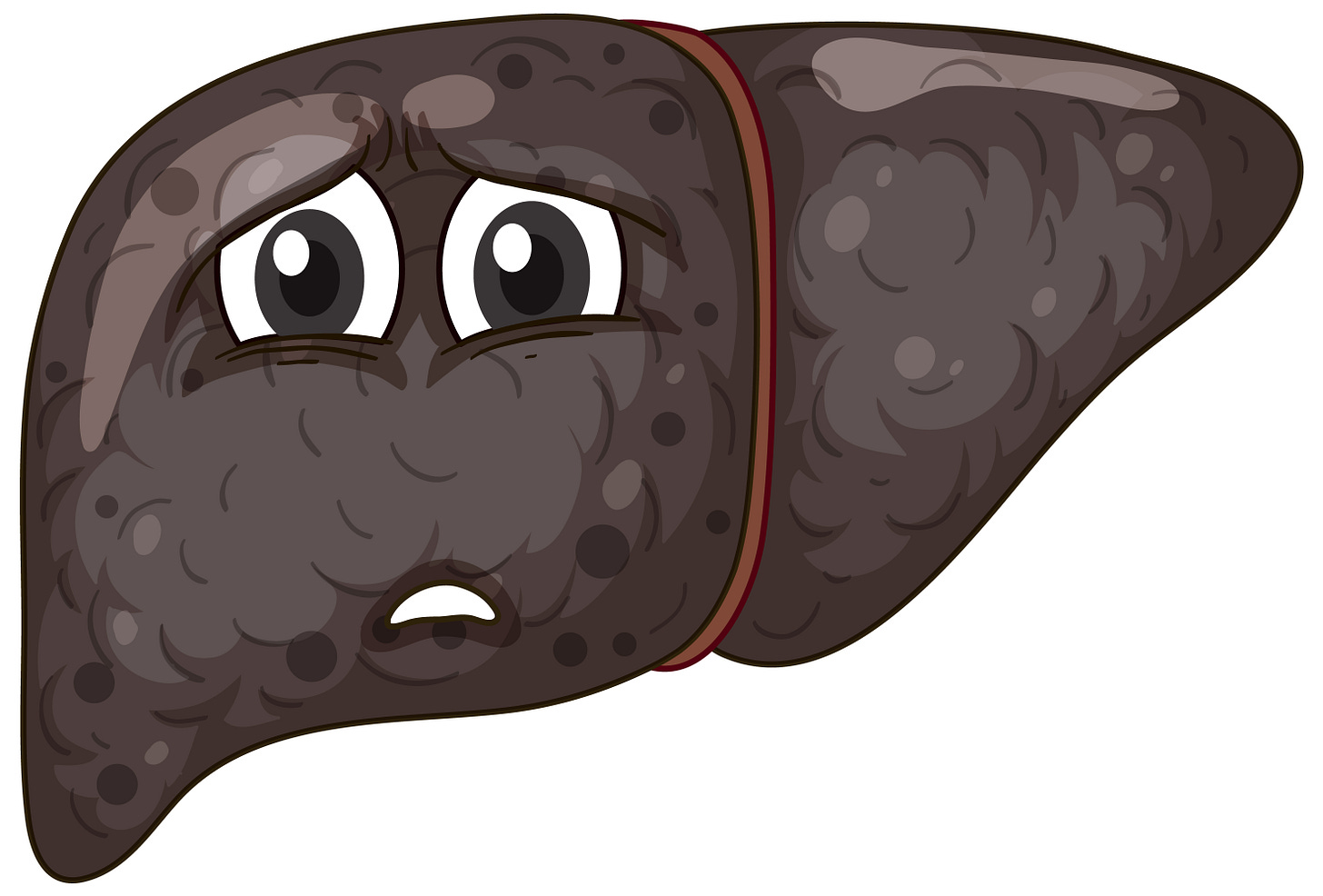



This is a crucial topic dealt with frankly, seriously, humbly, and thoroughly. Thank you!